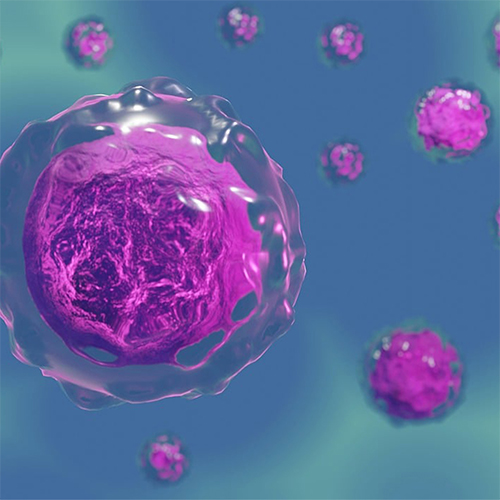New genetic insights into the genetic makeup of mesothelioma will help to advance treatment individualized to each patient.
U.S. researchers have undertaken genetic analysis of mesothelioma tissue in “unprecedented detail,” according to Cancer Research UK. Researchers from Brigham and Women’s Hospital in Boston and from pharmaceutical company Genentech compared the healthy and diseased tissue from each of more than 200 malignant pleural mesothelioma patients to understand what genetic changes had transpired in the development of the cancerous tissue.
Pleural mesothelioma is a lethal cancer of the lining around the lungs associated with asbestos exposure. The Brigham and Women’s Hospital website says that three-quarters of mesothelioma cases are of this type. Less commonly, mesothelioma can also occur in the linings of the abdomen, heart and testicles.
The findings of this study could improve mesothelioma diagnosis, prognoses and targeted, individualized treatment of patients facing a rare, devastating and eventually fatal asbestos-related cancer about which too little is understood. The potential positive impact of these findings is significant in a disease with a median survival period of eight to 36 months, according to the study.
The leader of the study was mesothelioma specialist Dr. Raphael Bueno, who said that they had identified a “spectrum of mutations.” Also discovered were “gene fusions and splicing alterations,” according to the study.
By identifying specific genetic changes and defects in mesothelioma cells, some seen here for the first time, researchers speculate that certain prescribed and experimental drugs being used to treat strains of other cancers with the same genetic attributes could be successful candidates for mesothelioma patients. In particular, some tumors contained a molecule likely to respond to new immunotherapeutic drugs that stimulate the patient’s own immune system to attack the cancer cells.
Cancer Research UK notes the study also deepened understanding of the “processes at play inside cancer cells as the disease develop(s).” British mesothelioma expert Professor Dean Fennell is cited in the article as pointing out that we still do not understand exactly how asbestos causes mesothelioma or the “identity of the key gene faults responsible for mesothelioma’s initiation.”
Also potentially noteworthy for treatment, the genetic patterns suggested that some strains of pleural mesothelioma have similarities to other kinds of cancer such as ovarian and hematological (blood). In addition, genes were discovered in the cancerous tissue that were not known to be associated with this kind of cancer.
The lawyers at Brayton Purcell, L.L.P., represent mesothelioma clients fighting for legal compensation throughout the Pacific Northwest and across the country from offices in Portland, Salt Lake City, Los Angeles and the San Francisco Bay Area.














